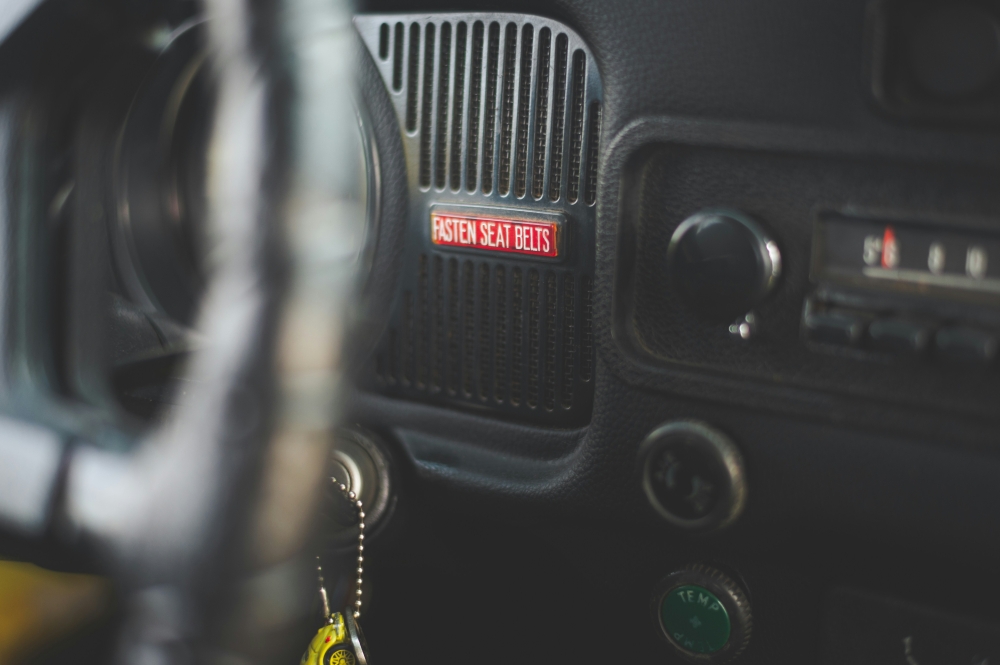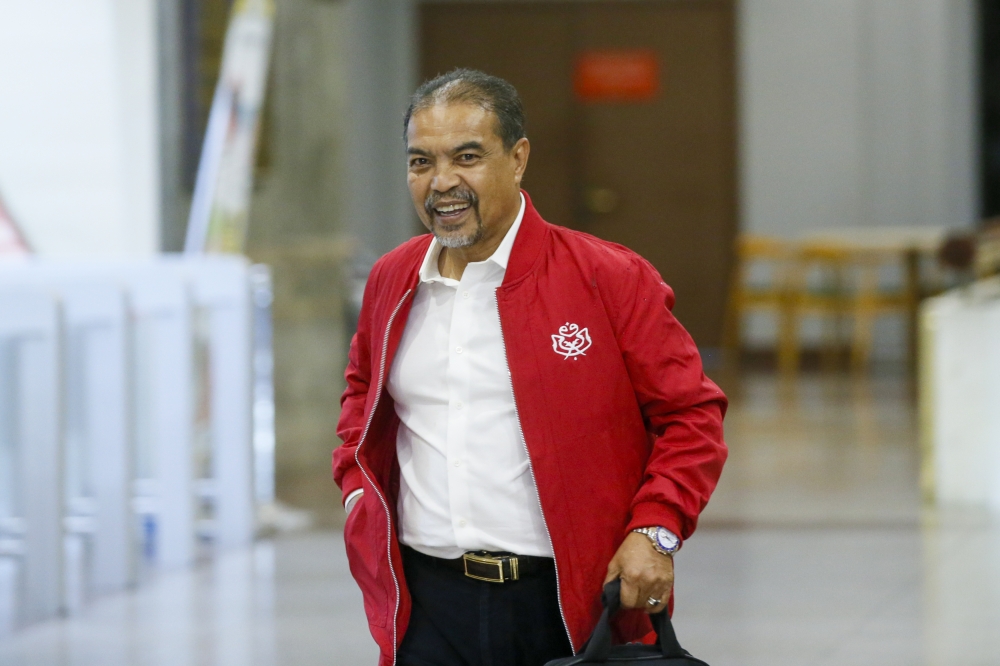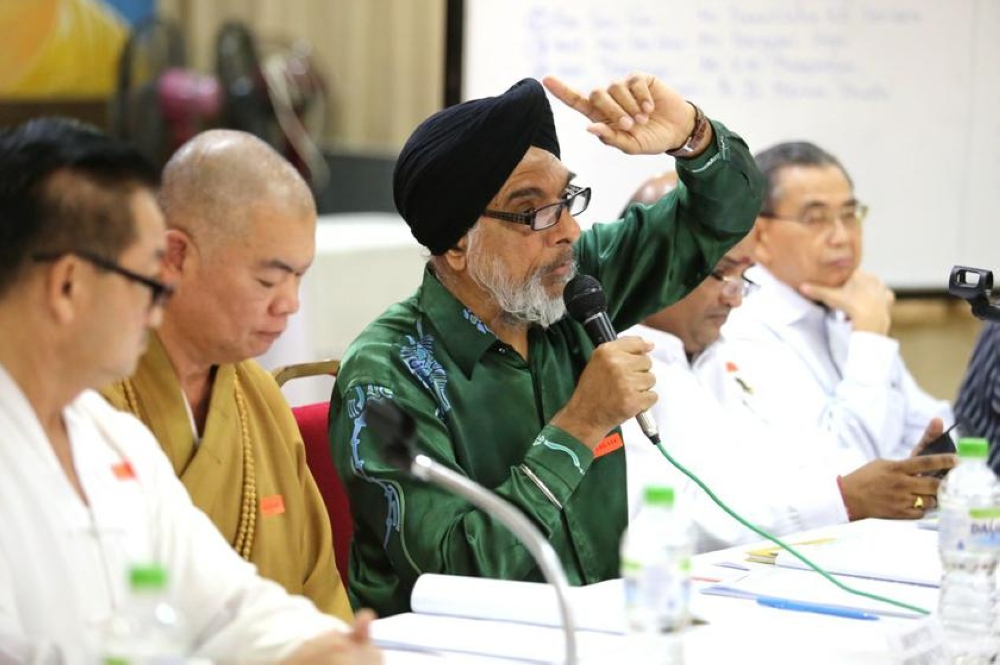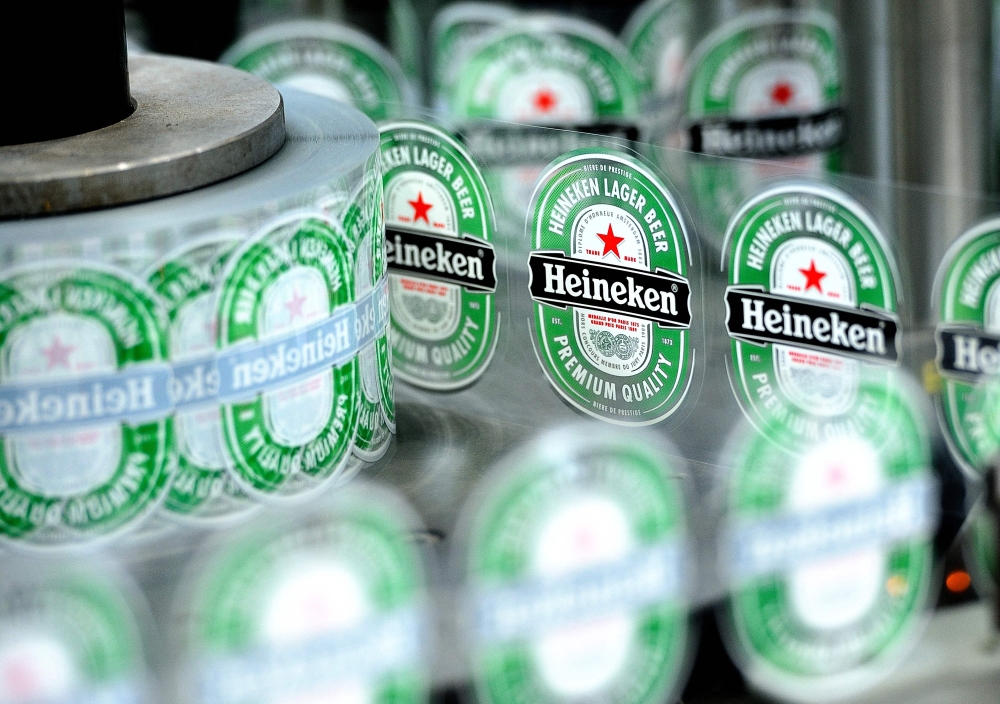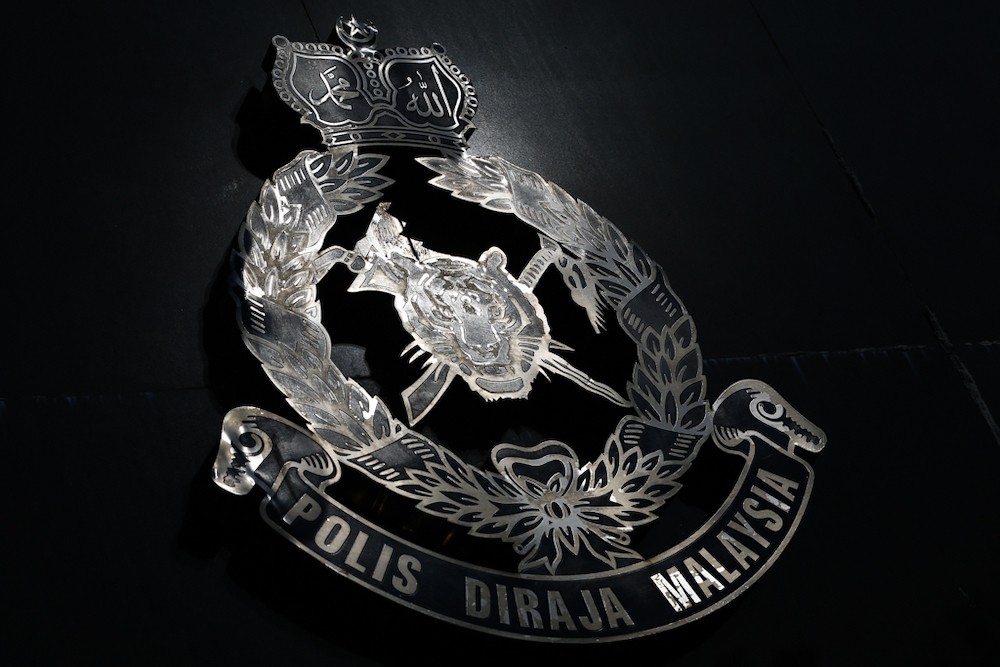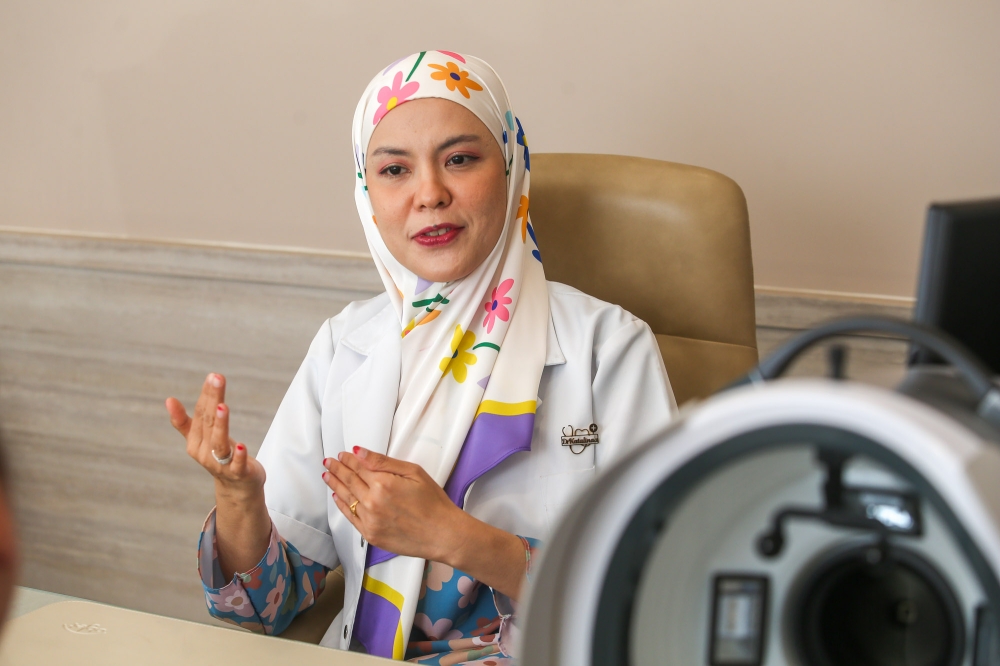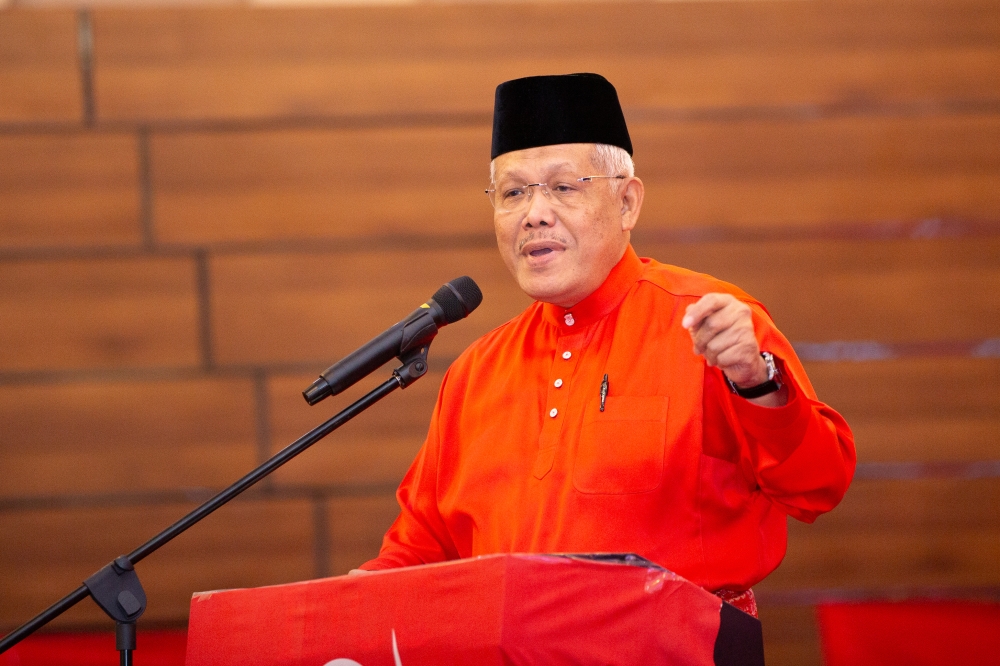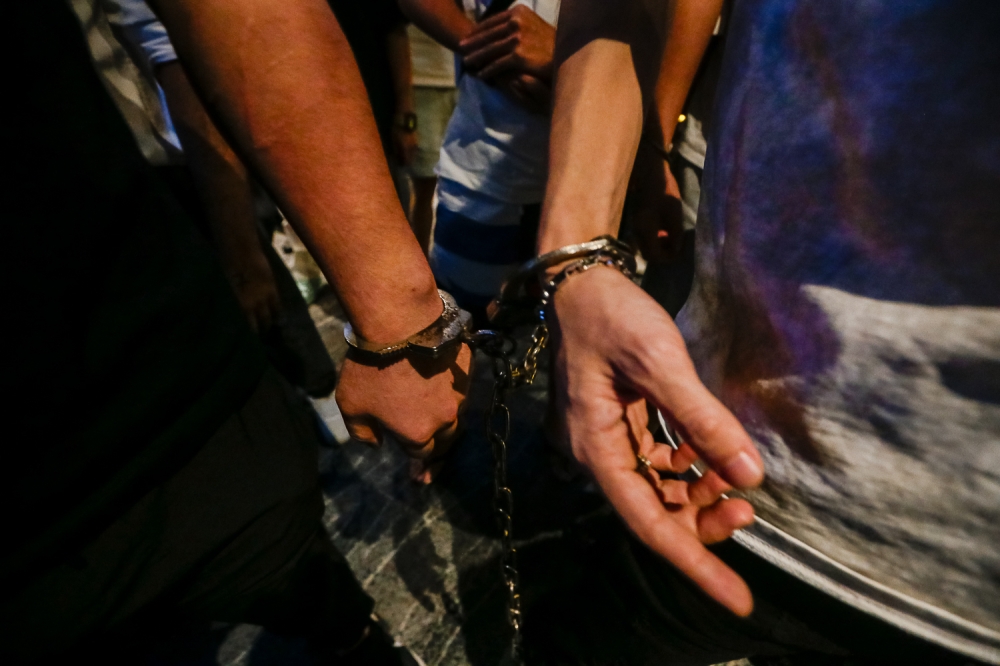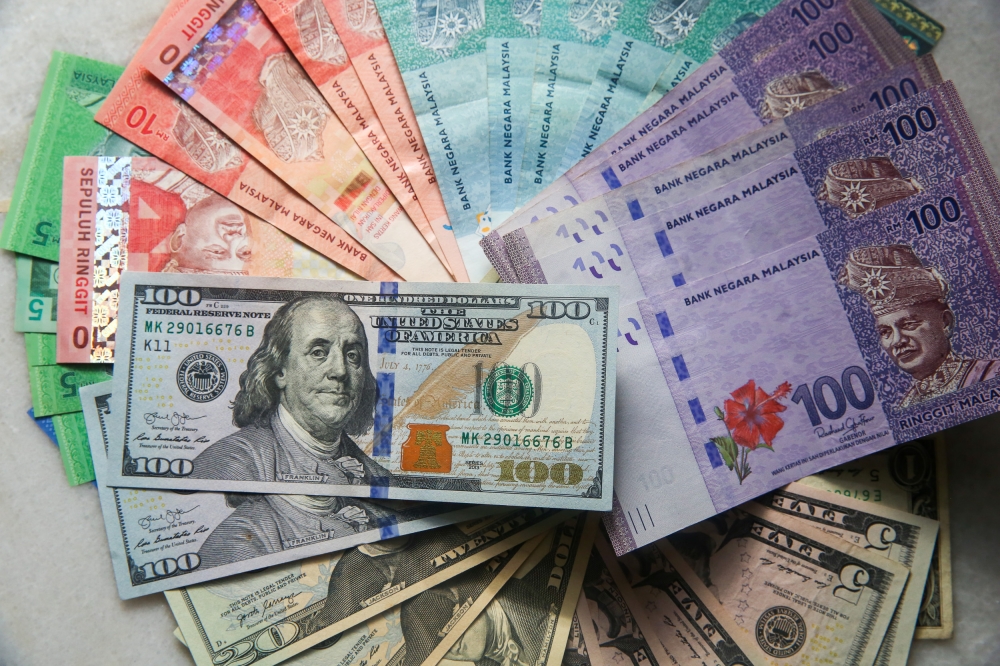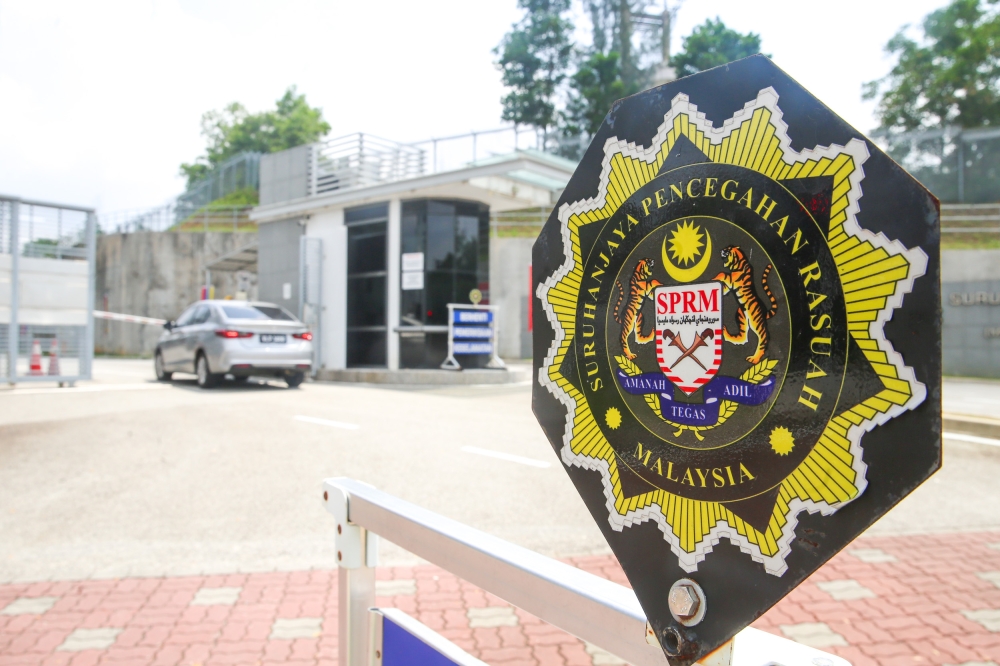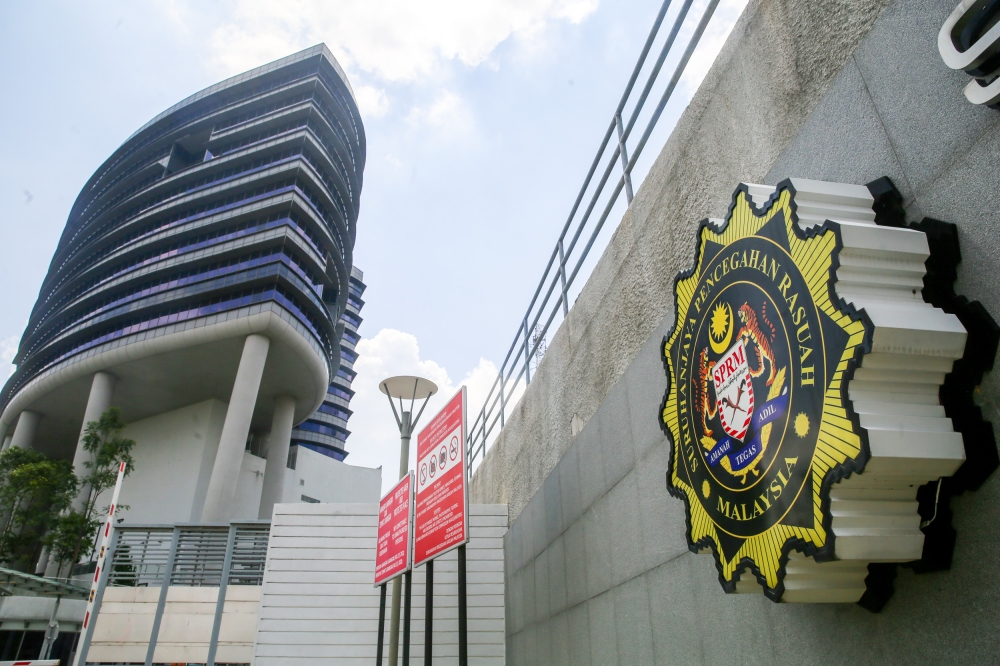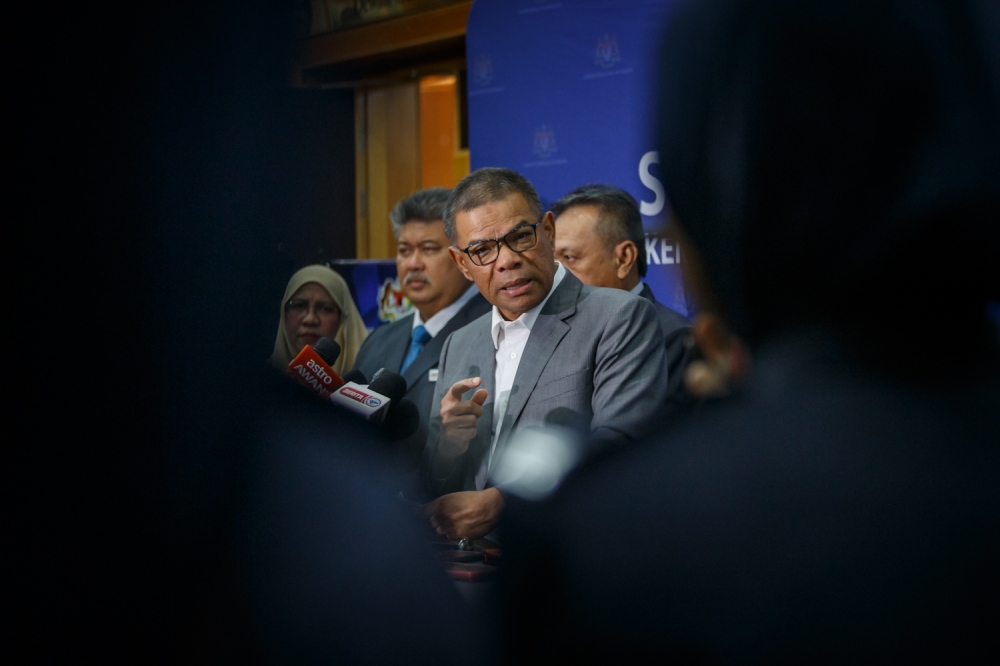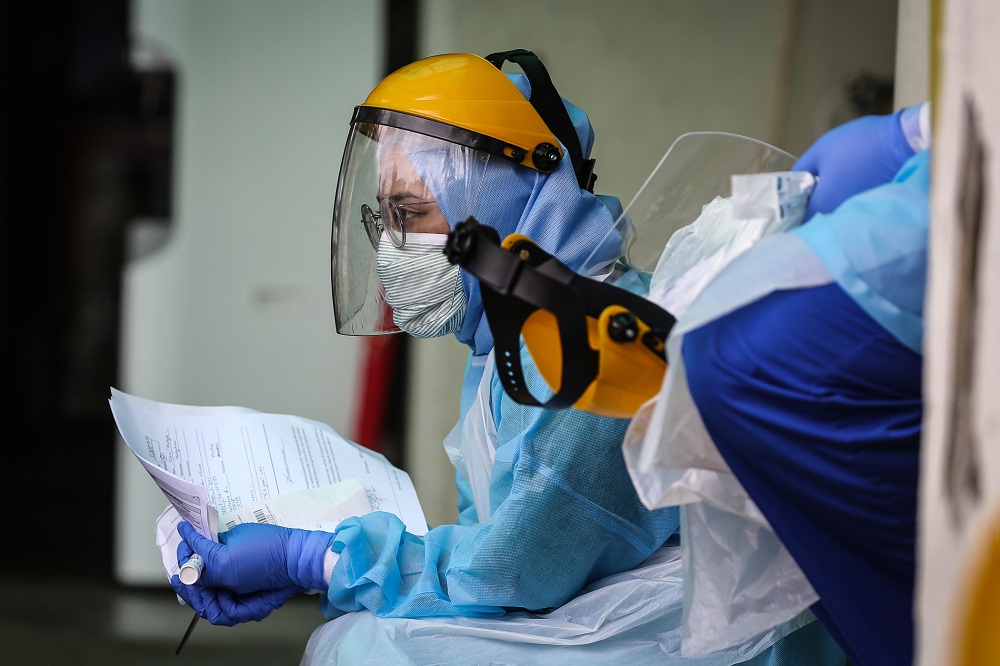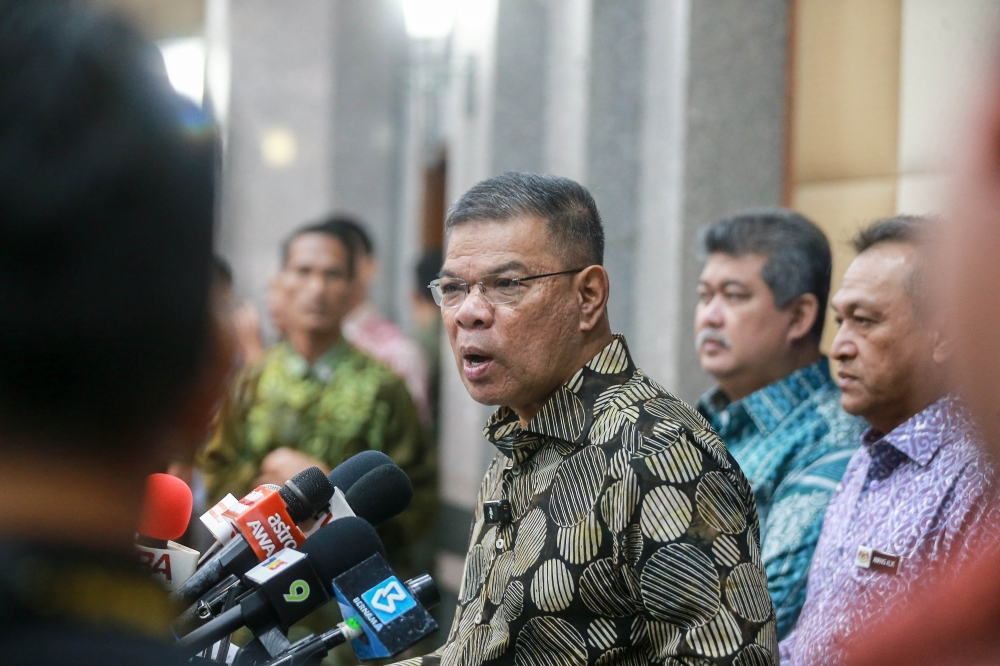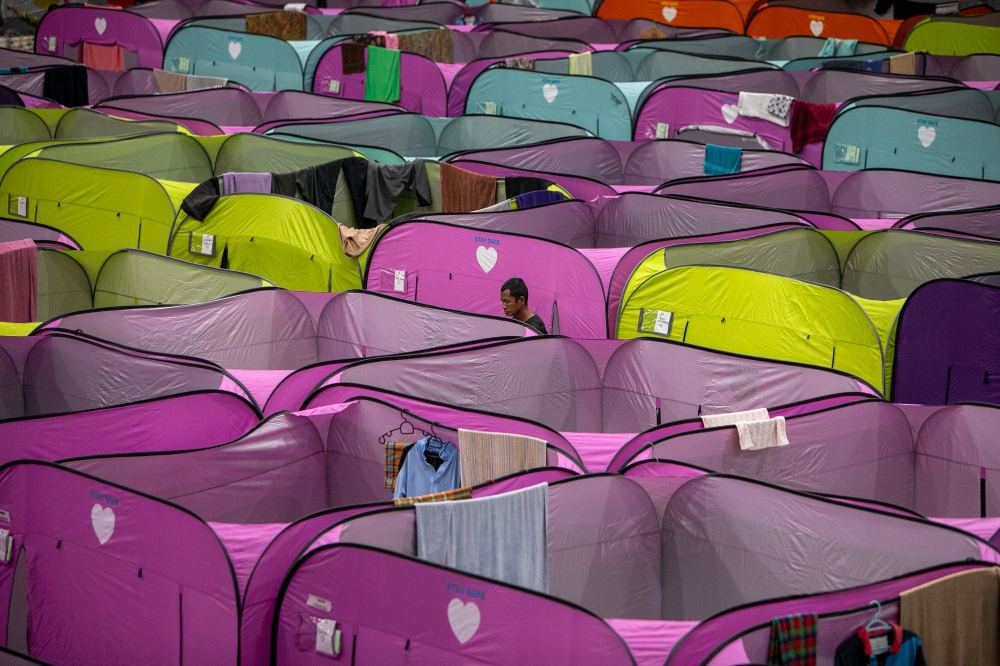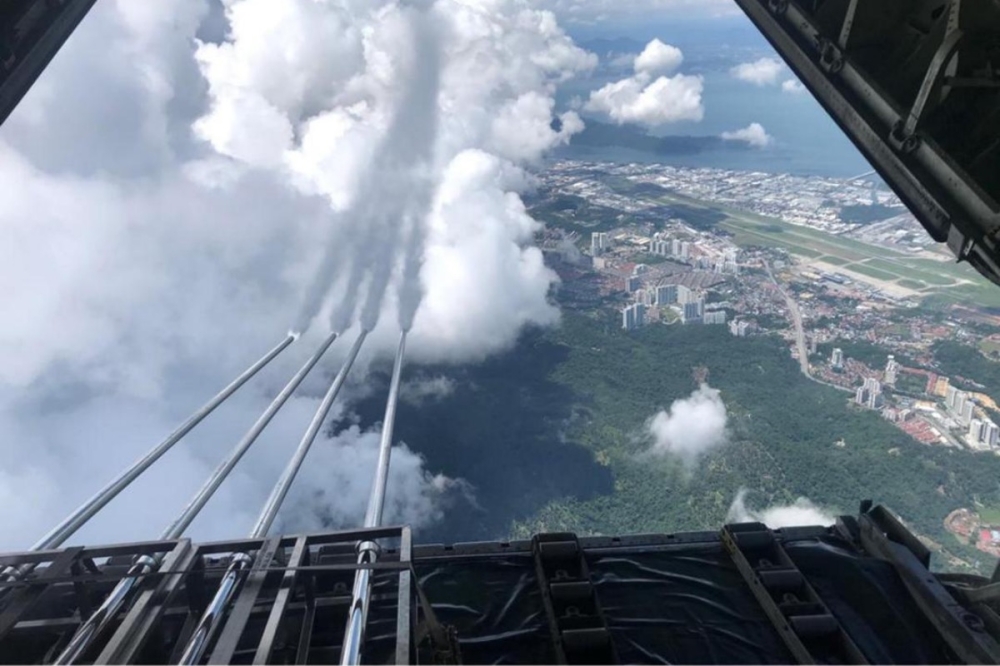KUALA LUMPUR, March 29 — Malaysia has so far carried out 35,516 tests for Covid-19, with 2,320 of these cases or 6.5 per cent testing positive, the Health director-general and Health Ministry has said when sharing the latest data.
Out of these 2,320 cases testing positive for Covid, about 1,207 or half of the country’s positive cases are those from the cluster that attended the mass tabligh gathering at the Jamek Sri Petaling mosque in Kuala Lumpur from February 27 to March 1, the data shows.
In a chart released this morning, the full breakdown of the 2,320 positive cases as of yesterday are 1,207 (tabligh cluster), 586 (close contact), 461 (suspected cases or patients under investigation (PUI), 64 (the Health Ministry’s own surveillance to detect Covid-19 cases), two from humanitarian missions and zero from cruises.
For the 35,316 Covid-19 tests that were conducted, 24,727 or the bulk of test results have returned negative, while 8,469 or slightly less than a quarter are pending results.
The full breakdown of the 24,727 that tested negative are 8,913 (close contact), 6,648 (tabligh cluster), 4,474 (PUI), 4,226 (Covid-19 surveillance), 366 (humanitarian mission/embassy), 100 from cruises. This also means that all of the 100 cases from cruises have tested negative.
As for the 8,469 that are still awaiting their test results, these are 4,645 of the tabligh cluster, 2,491 of the PUI category, 1,225 (close contact), 81 (mission/embassy) and 27 (Covid-19 surveillance).

The tabligh cluster
Based on the chart released today, the tabligh cluster is the biggest group of cases that had undergone Covid-19 testing in Malaysia at 12,500 tests, followed by close contacts at 10,724 tests, PUI at 7,426 tests, Covid-19 surveillance at 4,317 tests, mission/embassy at 449 tests.
This marks an increase in the number of those in the tabligh cluster that have been tested for Covid-19, up from the 4,986 tabligh participants that were tested as of March 19 midnight.
Previously, the Health Ministry disclosed that Malaysia had as of March 19 midnight traced 10,650 of tabligh participants, with 10,553 of them checked, including 4,986 that were tested (513 tested positive, 2,559 tested negative, 1,990 pending results).
At that time, it was also shown that Covid-19 positive cases from the tabligh cluster are spread out all over the country.
Yesterday, Health director-general Datuk Dr Noor Hisham Abdullah said the government has tested 17,584 individuals comprising those from the tabligh cluster and their relatives, with 1,207 testing positive, 6,648 testing negative, and 4,645 pending results.
Dr Noor Hisham yesterday said that the Health Ministry is still looking for 5,084 from the tabligh cluster to be tested for Covid-19, and that the ministry was working with the police to encourage them to come forward to government health facilities for screening.
Yesterday, Kuala Lumpur City Hall (DBKL) and Alam Flora Sdn Bhd together with the assistance of the police carried out a disinfection and sanitisation operation at the Jamek Sri Petaling mosque and its surrounding areas, including public roads and pedestrian walkways.
As of yesterday, Malaysia recorded a total of 27 deaths from Covid-19.
On March 25, Prime Minister Tan Sri Muhyiddin Yassin said the government’s strategy is to “seek, test, isolate and treat” Covid-19 patients, with the Health Ministry to increase its capacity to conduct Covid-19 screening tests on a larger scale, including mass testings especially in high-risk areas.
On March 24, Dr Noor Hisham said that Malaysia’s current Covid-19 test capacity had increased from 3,500 daily during the early stages of the outbreak to 7,000 daily.
Citing South Korea’s rigorous screening of about 20,000 daily, Dr Noor Hisham said that Malaysia’s Covid-19 test capacity was expected to increase to up to 16,500 tests daily in a week or two and that the country would then be able to test more people and pick up Covid-19 cases earlier to be isolated and treated.



